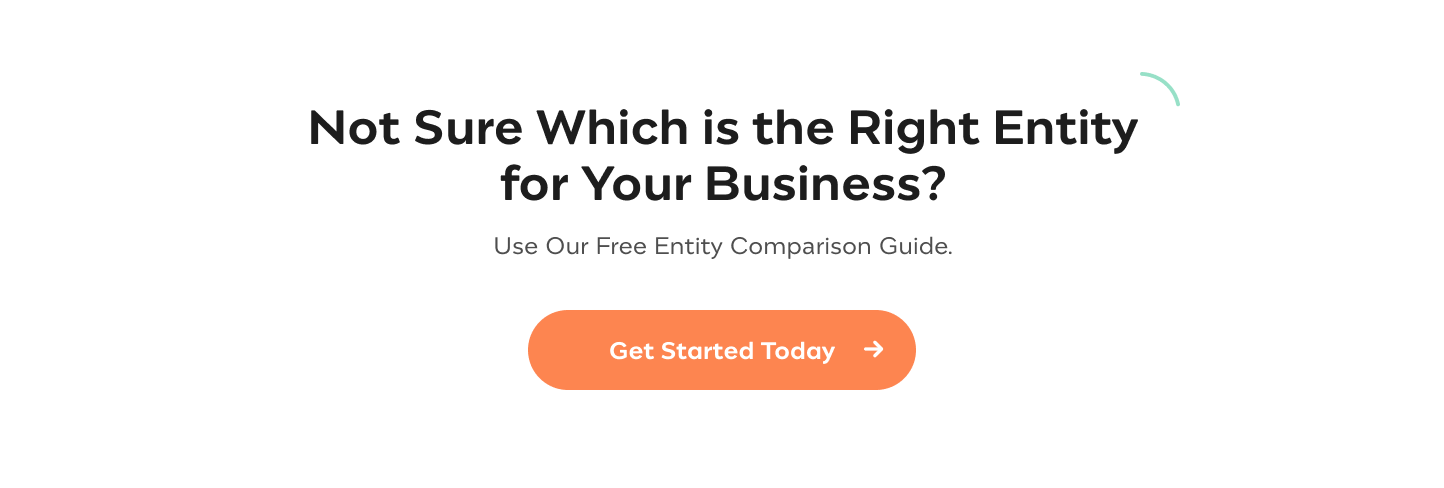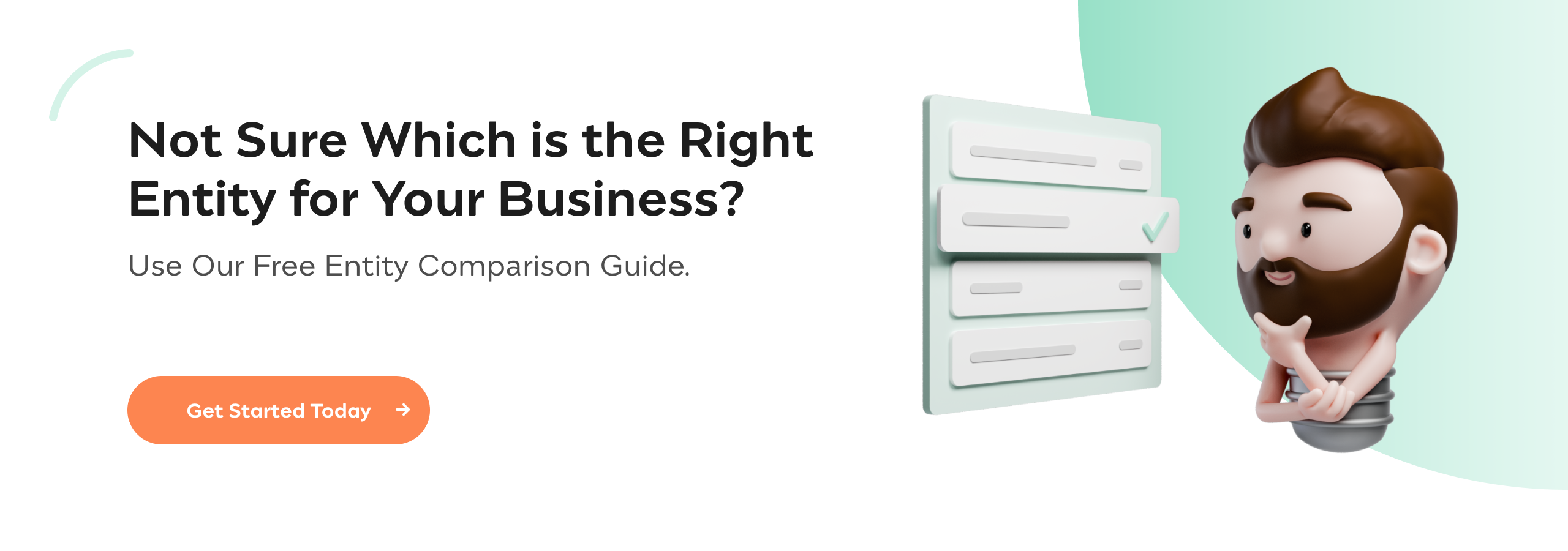The old phrase “small, but mighty” is the best way to describe micro businesses. This newest trend in entrepreneurship refers to the smallest type of business one can start, usually with less capital need.
Are you all ears?
Join us as we explore the world of micro businesses and give you insight into how you can launch a business as cost-efficiently as possible. We also highlight a few important aspects you'll need to consider if you wish to become a micro-entrepreneur.

Micro Business vs. Small Business
If we go by the books, the Small Business Administration (SBA) defines a micro business as a subset of small businesses that typically have between one and nine employees. But this definition can vary as per state or locality.
For instance, in Vermont, a micro business generates less than $250,000 annually and has under five employees. In California, you’d be defined as a micro business if your startup costs were under $50,000. One thing that’s common amongst most micro businesses is that their focus is on providing a single good or service.

Micro Businesses in the U.S.
Wondering how the micro business market is in the U.S.? Here are some numbers to digest.
- The latest data shows that out of the 6.1 million small businesses in the U.S., micro businesses accounted for 78.5% of these.
- The pandemic spurred a wave of entrepreneurship with many starting side hustles to make ends meet.
- According to the Association for Enterprise Opportunity (AEO), the micro business sector generates almost $3 trillion in annual sales and receipts.
- Micro businesses are flourishing across industries and professions — from web designers and architects to retail shops or home-based businesses. Think Airbnb hosts, Uber drivers, event planners, freelancers or consultants — they are all types of micro businesses.
All of these stats show there’s nothing micro about micro businesses! Their contribution to the U.S. economy is significant and this avenue into entrepreneurship has given many, especially minorities and those in underserved communities, a chance to increase or supplement their income and improve their quality of life. The low barriers to entry, freedom and flexibility of micro-entrepreneurship make it a favorite amongst many!
Who Can Start a Micro Business? Can I Start a Business with No Money?
You can! If you’ve been itching to get your feet wet into entrepreneurship but wanted something with more gravitas than a side hustle that presents the possibility of lower costs, starting a micro business could be the perfect launchpad for you. The best part of forming a micro business is that any existing skill set or work experience can be turned into an entrepreneurship vehicle.
Popular micro businesses:
- Etsy store owners
- Freelancers/consultants
- Food truck operators
- Handyman or woman
- Tutoring/virtual assistant services
- A cleaning company with 2 employees
Need more inspiration? Check out these self-employment business ideas.
How to Launch a Micro Business
Setting up a micro business is thrilling and can be a very important milestone in your life. But, where and how does one begin? Let’s not get disillusioned by the word “micro” and think it requires no planning.
Starting a micro business is similar to starting a small business — it requires an equal amount of thought and effort. Here’s what you need to plan for in order to launch a successful and stable micro business.
Build a Business Plan
Just because you are starting a micro business doesn’t mean you can jump into it sans a plan. Having a solid business plan is the blueprint for your success and will come into play if you ever consider transitioning into a full-fledged business.
What’s your business going to be about? What existing skills can you leverage? What’s the roadmap for your micro business? This, along with details on marketing and startup costs, should be included in your micro business plan.
Find Your Micro Business Structure
The majority of micro businesses function as sole proprietorships. Under federal law, if you start a business as the only owner, you’re automatically considered a sole proprietor. Sole proprietorships are taxed according to the owner’s personal tax rate and you have the ability to deduct your business expenses on your personal tax return, so it's best to get into the habit of keeping your business and personal expenses separate.
However, just because you start off as a sole proprietor doesn’t mean you have to keep it that way. Some micro entrepreneurs opt to register themselves as a separate entity, like an LLC. Why? It provides an added layer of protection against personal liabilities, provides tax benefits, adds credibility, makes it easier to secure external funding and is relatively easy to form.
If you are confused about which entity structure would be best for you, this entity comparison chart can help you determine the best fit.
File for a DBA
If you decide against becoming a legal entity, then you might want to file for a DBA. DBAs are typically required by states if you want to name your micro business something snazzy, brand-appropriate and different from your legal name. It gives you permission to operate your micro business under an alternate name.
Use our Business Name Search Tool to discover business names available in your state:
Assess Finance Opportunities
Finding the appropriate funds to start a venture isn’t exactly easy for any business, regardless of its size. While you can start a business with no money (or a very minimal amount), you might find yourself in need of some extra financing later down the line.
Is it more challenging to secure funding for a micro business? It could be, but don’t let this make you hit the stop button on your entrepreneur dreams. There are plenty of alternative startup funds that you can explore to kick off and grow your business. Several states like Ohio and Vermont have dedicated Micro Business Development programs that can match you with financial resources.
Getting the Right Insurance Protection
All business comes with some sort of risks — it doesn't matter if you're working alone and out of your home basement. Public liability insurance is a good starting insurance option for many micro businesses.
Getting the proper business insurance for your micro business will make your entrepreneurship experience more rewarding, fruitful and stress-free.
Micro Businesses = Small, But Mighty!
We’ve said it before and we’ll say it again, micro businesses are mighty and lucrative. The cherry on top is that you don't necessarily need to learn a new skill set or have a hefty bank balance to dive into it. By starting small and meticulously planning for your business in terms of entity structure and finances, you are actually setting yourself up for a higher probability of success.
A key decision to make is the structure of your startup. A sole proprietorship is great for small beginnings, but if you want to avail tax benefits, gain protection over personal assets, grow and build credibility in the marketplace, it would be wise to consider a different entity structure like an LLC.
Incfile’s Business Entity Comparison Guide lists out the pros and cons of each business structure and can help you discover the right fit.

